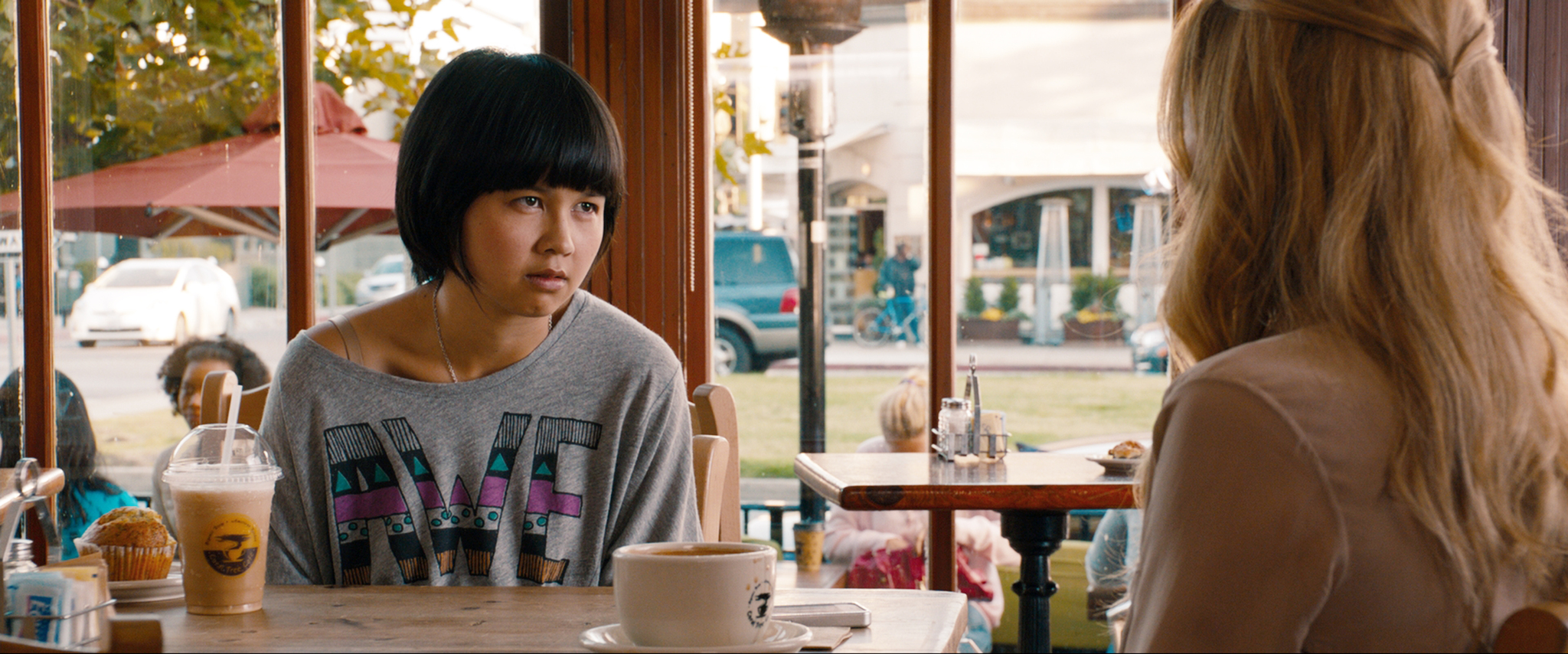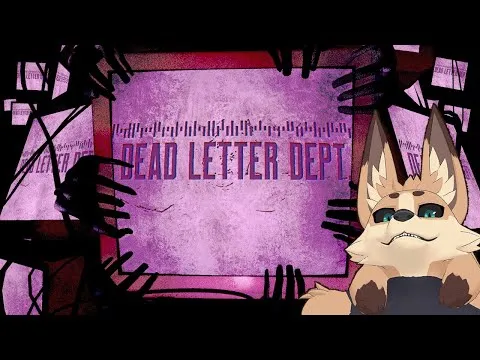This Is 40 (2025) reminds us that middle age isn’t a crisis—it’s just life, with louder joints and quieter sex
This Is 40 (2025) marks the unexpected but warmly welcomed return to Judd Apatow’s comedic universe of midlife misadventure. A semi-sequel to the original 2012 film, this updated chapter dives back into the messy, hilarious, and sometimes heartbreaking lives of Pete and Debbie—now approaching their 50s, grappling with aging parents, adult children, shifting hormones, and that nagging question: Wait... what the hell happened to our 40s?
Set in a post-pandemic world of mindfulness apps, work-from-home burnout, and therapy-speak overload, Pete and Debbie are no longer dealing with just raising kids—they're watching them leave. Their daughters, Sadie and Charlotte, are now in their twenties, and their own relationship has matured... and mutated. Romance? Sporadic. Arguments? Evolved. Love? Still there—but filtered through eye bags, joint pain, and the search for a comfortable mattress.

Apatow once again delivers his signature blend of improv-heavy dialogue, awkward realism, and emotional honesty. The comedy is sharper, sometimes more bitter, but always rooted in truth. Debbie is now redefining her identity outside of motherhood, considering a late-career pivot into politics (or maybe Pilates). Pete, meanwhile, is dealing with declining testosterone, rising cholesterol, and a podcast about vinyl records that no one listens to except a guy in Sweden named Björn.
What sets This Is 40 (2025) apart from its predecessor is its deeper reflection on change. Where the 2012 film focused on the chaos of parenting and partnership, the new version looks at what happens after the chaos becomes routine. The kids are no longer cute distractions—they're independent people who hold a mirror to their parents' choices. Friends have become strangers, or worse—life coaches. And sex? Still happens… with ice packs and stretches.

But beneath the laughs lies a surprisingly touching portrait of two people trying to stay connected as the world—and their bodies—shift around them. It’s a film about transition, acceptance, and yes, the joy of arguing about where to go for dinner at 6 p.m. on a Saturday night.



-1755575523-q80.webp)